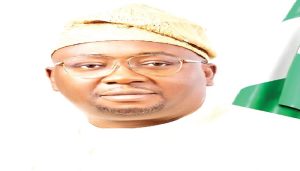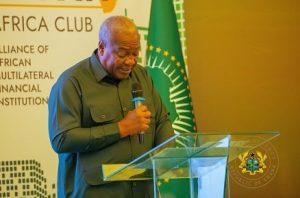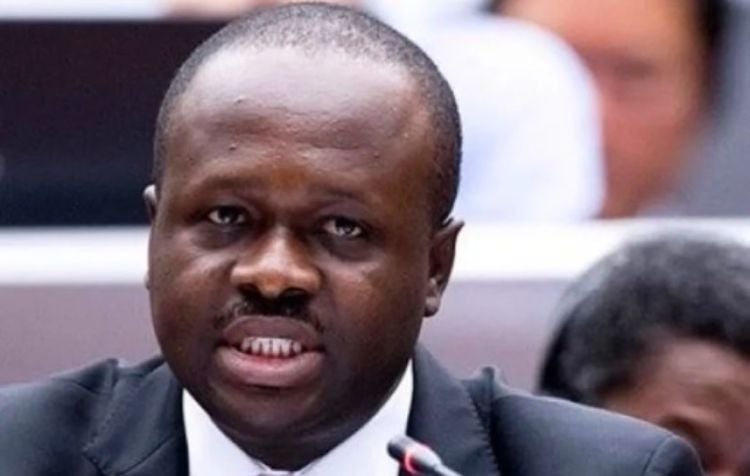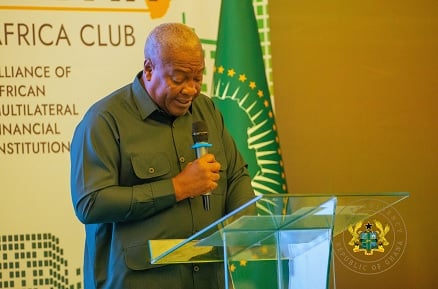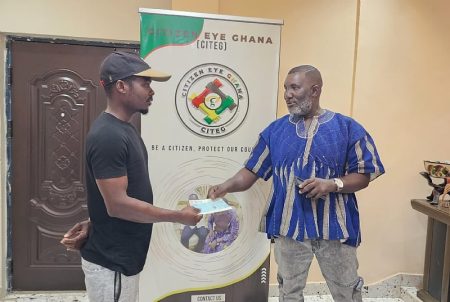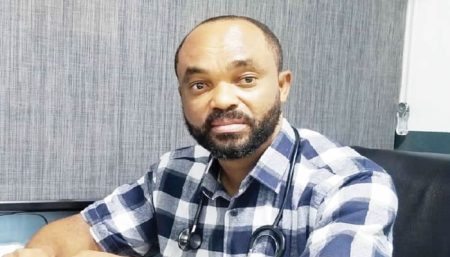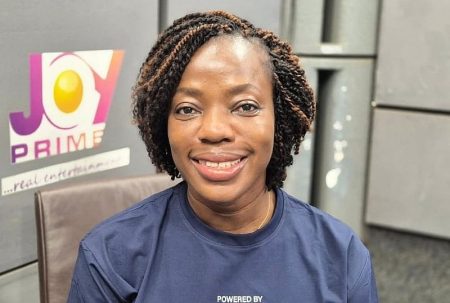The recent announcement by the New Patriotic Party (NPP) to hold its presidential primaries on January 31, 2026, has sparked criticism from the opposition National Democratic Congress (NDC). Dr. Edward Omane Boamah, the NDC’s Director of Elections and IT, argues that the NPP’s focus on the 2028 elections is premature and insensitive, given the economic hardships Ghanaians endured during the NPP’s tenure under President Akufo-Addo. Dr. Boamah contends that instead of strategizing for their political comeback, the NPP should prioritize apologizing to the Ghanaian populace for the economic mismanagement that characterized their administration.
Dr. Boamah’s critique centers on the NPP’s perceived lack of accountability for the economic difficulties faced by various segments of the Ghanaian population, including pensioners, people with disabilities, women, and youth. He asserts that the NPP’s “competent Economic Management Team,” as they were often referred to, inflicted considerable harm on these vulnerable groups. Dr. Boamah emphasizes the NPP’s apparent self-serving nature, suggesting that their primary concern is regaining power rather than addressing the consequences of their past governance.
The NPP’s decision to set the date for its presidential primaries so far in advance has been interpreted by Dr. Boamah as a clear indication of the party’s preoccupation with electoral politics. He contrasts this with what he perceives as a lack of remorse or acknowledgment of the hardships endured by Ghanaians under the NPP’s leadership. Dr. Boamah’s remarks reflect a broader sentiment among some Ghanaians who feel that the NPP should prioritize addressing the economic fallout from their previous administration before focusing on future elections.
The NPP’s announcement, as relayed by General Secretary Justin Kodua Frimpong, formalizes the party’s timeline for selecting its presidential candidate for the 2028 elections. While this move is standard practice in electoral politics, the timing has drawn criticism, particularly in light of the prevailing economic conditions in Ghana. The NDC’s response, articulated by Dr. Boamah, highlights the political tension between the two major parties and underscores the ongoing debate about accountability and the appropriate focus for political discourse in the country.
The exchange between the NDC and the NPP represents a broader discussion about the role of political parties in addressing economic challenges and the importance of acknowledging past policy failures. Dr. Boamah’s criticism of the NPP reflects a perspective that prioritizes accountability and redress for perceived economic mismanagement. The NPP’s decision to proceed with its electoral preparations, on the other hand, suggests a focus on moving forward and preparing for the next electoral cycle. This difference in approach underscores the diverging priorities of the two parties and the ongoing political discourse surrounding economic policy and governance in Ghana.
The debate sparked by the NPP’s announcement highlights the importance of balancing long-term electoral planning with addressing immediate economic concerns. While political parties must prepare for future elections, the timing and context of such preparations can be sensitive, particularly in the wake of economic hardship. Dr. Boamah’s call for an apology from the NPP reflects a belief that acknowledging past shortcomings and demonstrating a commitment to rectifying them is a crucial step before focusing on future electoral contests. This debate underscores the complex relationship between political maneuvering, economic realities, and public perception.


